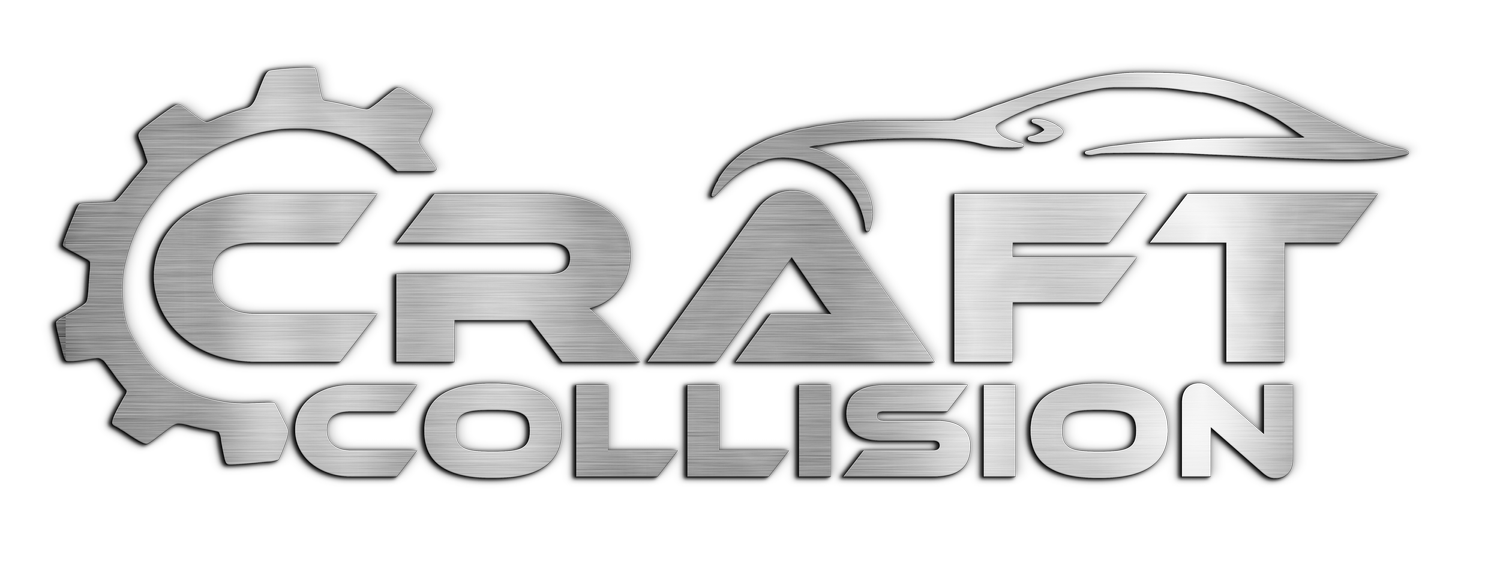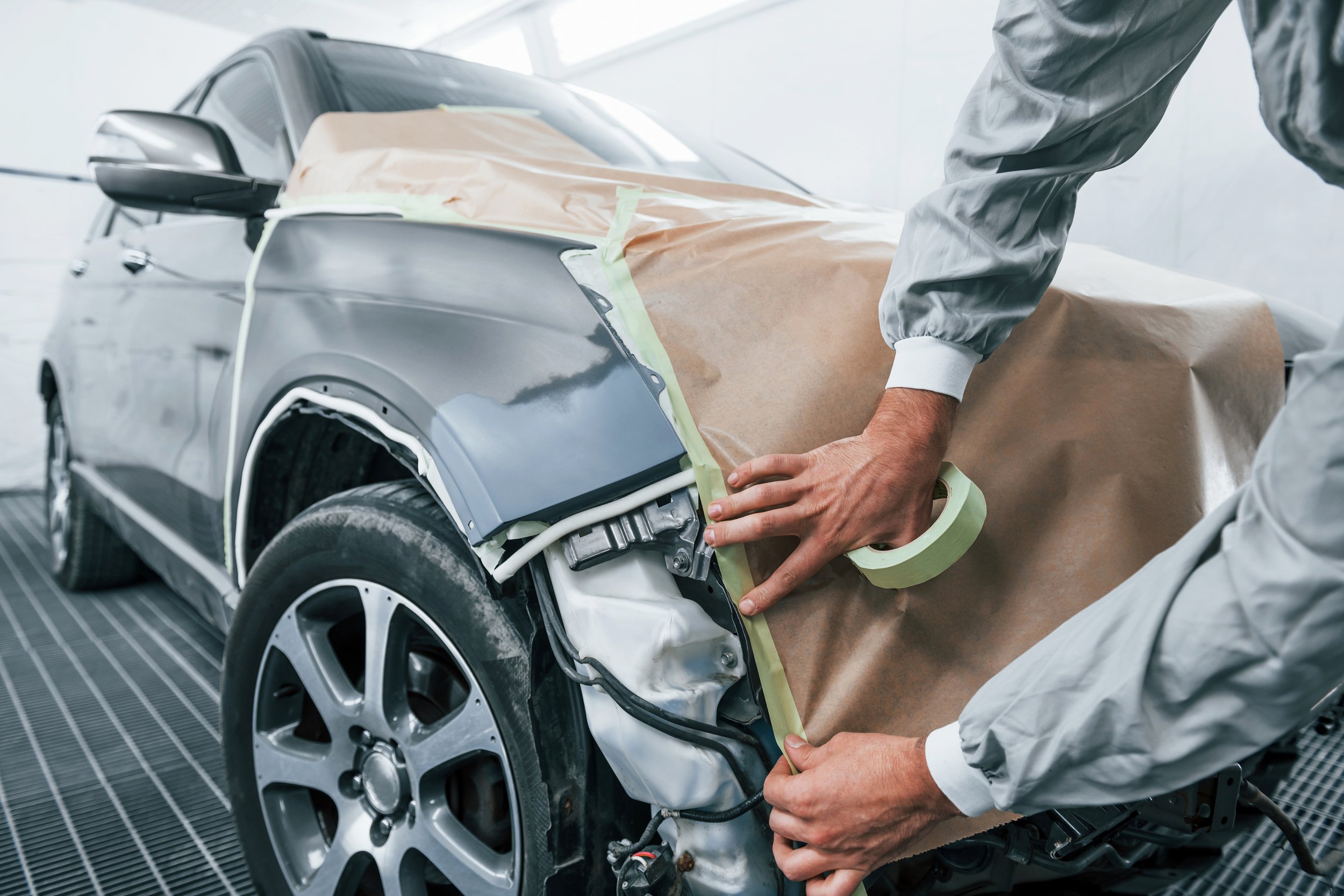5 Common Myths About Collision Repair Debunked
Are you a car owner who has recently been involved in a collision? If so, you may have come across various myths and misconceptions about collision repair. It's time to separate fact from fiction and debunk these common misconceptions once and for all. In this article, we will uncover the truth behind five common myths about collision repair. From the belief that you must use the repair shop recommended by your insurance company to the notion that aftermarket parts are of inferior quality, we will address these myths head-on and provide you with the information you need to make the best decisions for your car. So, let's dive in and put these myths to rest, empowering you with the knowledge to navigate the collision repair process confidently.
Myth #1: All collision repairs are the same
One of the most common myths about collision repair is that all repair shops provide the same level of service and quality. This is far from the truth. While it's true that there are reputable repair shops that prioritize quality workmanship, there are others that may cut corners to save time and money. It's essential to do your research and choose a collision repair shop that has a good reputation and a proven track record of providing excellent service.
When selecting a collision repair shop, consider factors such as their experience, certifications, and customer reviews. Look for shops that are certified by reputable organizations, such as the Inter-Industry Conference on Auto Collision Repair (I-CAR) or the National Institute for Automotive Service Excellence (ASE). These certifications demonstrate that the shop has met specific industry standards and is committed to ongoing training and education. Additionally, reading customer reviews can give you insight into the experiences of others who have used the shop's services.
Myth #2: Collision repair is only necessary for major accidents
Another common myth is that collision repair is only necessary for major accidents. While it's true that major accidents often result in more extensive damage that requires professional repair, even minor collisions can cause hidden damage that may affect the safety and performance of your vehicle.
Modern cars are designed to absorb impact and protect the occupants in the event of a collision. This means that even a seemingly minor accident can cause damage to the structural integrity of your vehicle. Without proper repair, this damage can compromise the vehicle's ability to protect you in future accidents.
It's important to have your vehicle thoroughly inspected by a professional after any collision, regardless of the severity. A trained technician will be able to identify any hidden damage and recommend the necessary repairs to ensure your vehicle is safe to drive.
Myth #3: Collision repair is too expensive
One of the most significant concerns for many car owners after a collision is the cost of repairs. However, the belief that collision repair is always prohibitively expensive is a myth. While the cost of repairs can vary depending on the extent of the damage and the make and model of your vehicle, it's important to remember that neglecting necessary repairs can lead to more significant issues down the line, which can be even more costly to fix.
It's also worth noting that insurance coverage can help offset the cost of collision repair. If you have comprehensive or collision coverage, your insurance may cover some or all of the cost of repairs, minus your deductible. Additionally, many reputable repair shops work directly with insurance companies to streamline the claims process and ensure the repairs are covered.
To get an accurate estimate of the cost of collision repair, it's best to visit a reputable repair shop and have them assess the damage. They can provide you with a detailed quote and work with you and your insurance company to determine the best course of action.
Myth #4: Collision repair will decrease the value of your vehicle
It's a common misconception that repairing a vehicle after a collision will decrease its value. While it's true that a vehicle with a history of accidents may be perceived as less valuable in the eyes of potential buyers, this is not always the case.
The key to maintaining or even increasing the value of your vehicle after a collision is to ensure that the repairs are done correctly and by a reputable repair shop. When repairs are completed to a high standard, the vehicle's appearance and functionality can be restored, and potential buyers may not even be aware of its collision history.
If you plan to sell your car in the future, keeping a record of all repairs and maintenance can help reassure potential buyers that the vehicle has been well taken care of. Additionally, choosing a repair shop that offers a warranty on their work can provide further peace of mind and demonstrate the quality of the repairs.
Myth #5: DIY collision repair is just as effective
In today's age of online tutorials and DIY culture, it's tempting to consider tackling collision repairs yourself. However, attempting to repair your vehicle without the necessary knowledge and equipment can lead to more significant problems and even compromise your safety. Collision repair requires specialized tools and expertise to ensure that the repairs are done correctly. Without the proper training, you may inadvertently cause further damage to your vehicle or fail to address underlying issues that could affect its performance and safety. Additionally, attempting DIY repairs can void any warranties you may have on your vehicle, making it more difficult and expensive to rectify any future issues. It's always best to leave collision repair to the professionals who have the necessary skills and experience to handle the job properly.


